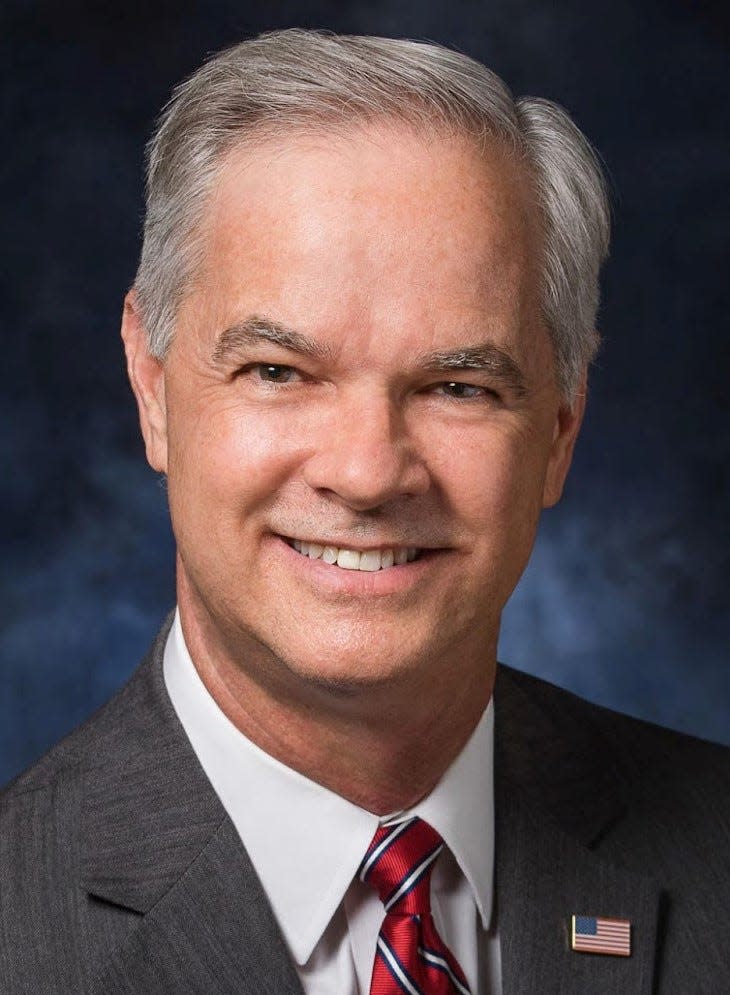Guest column: Homeless efforts in California are failing
- Oops!Something went wrong.Please try again later.
Law enforcement officers estimate that a majority of California's homeless population — around 80-90% — struggle with drug addiction, mental illness, or both. Many of these individuals were previously incarcerated for "low-level" felonies before Proposition 47 changed their classification.
To tackle prison overcrowding and inadequate inmate healthcare, Governor Jerry Brown took immediate action to improve prison healthcare services, surpassing private sector standards. Ironically, prisoners now receive better healthcare than many outside the prison walls.
When faced with the choice of constructing more prisons or releasing inmates, Sacramento legislators opted against expansion, as crime rates were historically low due to the removal of dangerous criminals from the streets. Instead, they implemented AB109, transferring inmates from state prisons to county jails, partially easing overcrowding.
Despite being within 1,000 beds of compliance, the U.S. Supreme Court ordered Gov. Brown to further reduce the prison population. In response, he collaborated with San Francisco District Attorney George Gascon to draft Proposition 47, reclassifying certain felonies as misdemeanors. The campaign emphasized reintegrating non-violent offenders into society after committing victimless crimes.
However, California communities were unprepared for the consequences of this proposition. They lacked the necessary resources, services, and comprehensive plans to rehabilitate and reintegrate these individuals. As a result, the homeless population lacks basic necessities such as food, shelter, and medication. Five homeless individuals die on the streets of L.A. County daily, according to a former sheriff.
Nurses working in neonatal ICU units report a concerning increase in newborns addicted to substances like fentanyl, crystal meth, and heroin. Treating these infants for withdrawal and weaning them off drugs requires a minimum of four weeks, costing hospitals $15,000 per day. These addictions stem from birth mothers engaging in drug use and prostitution to sustain their habits.
It is evident that our current strategies to address homelessness are ineffective. They perpetuate dependency rather than fostering self-reliance, mental health stability, and meaningful employment. It is crucial to explore successful models and programs prioritizing rehabilitation to empower individuals and facilitate their reintegration into society as productive members.

Kevin McNamee is the Mayor of Thousand Oaks. The column is his opinion and does not reflect an official position of the Thousand Oaks City Council.
This article originally appeared on Ventura County Star: Guest column: Homeless efforts in California are failing

